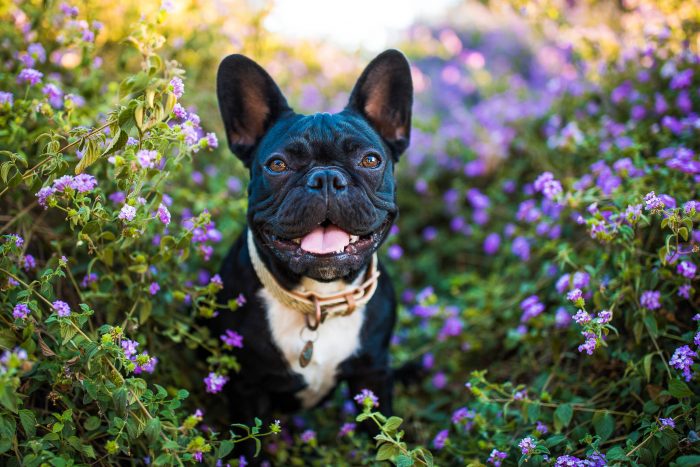Ask the Vet: Spring safety tips for our furry friends
By Matthew Kearns, DVM

The weather is finally warming!!!!! That means more time outside with our pets, as well as some things that we should be aware of to make sure our pets are safe while enjoying the beautiful weather.
Open Windows: The warmer weather allows us to open the windows to let the house air out but make sure that those open windows have screens in place to avoid our pets (especially cats) from jumping out.
Spring Cleaning and Home Improvement: I know I like to give a good clean to the house when the weather warms but I always make sure that all cleaning products are out of reach from pets. All cleaners (even natural ones) have chemicals in them that are irritating. This can lead to rashes or sores on the skin, as well as gastrointestinal symptoms like sores in the mouth, vomiting, diarrhea. Home improvement products such as paints, mineral spirits and solvents are extremely irritating leading to the same symptoms as home cleaners. Also make sure to clean up sharp objects like nails and blades, as well as keep pets away from insulation.
Flowers: Flowers such as lilies, azaleas, rhododendrons, and daffodils can cause gastrointestinal signs which can lead to dehydration and electrolyte imbalances. Lilies are also extremely toxic to cats and can lead to irreversible kidney damage.
Parasites: Dogs and cats are protected from common intestinal parasites such as roundworms, hookworms, and whipworms by heartworm preventative. Heartworm is transmitted by mosquitoes and will be a problem in late spring when the weather is warmer. Many products combine heartworm protection with a flea and tick preventative. If you do not use one remember to use a topical flea and tick preventative or a flea and tick collar.
Puddles: During the spring there is more rain than usual and that means more puddles. Puddles come from runoff and that means whatever is in the runoff is in the puddle. In these puddles could be bacteria, parasites, and chemicals. If you are walking your dog do not let them drink from puddles. This is easier said than done (especially if you have the opportunity to allow your dog for some off leash activity) so make sure to vaccinate your dog for Leptospirosis.
Pet Identification: Make sure your pet is properly identified with either an identification tag on the collar, or a microchip (or both). Even if you have a fenced backyard, invisible fence, or walk on a leash I would recommend some sort of identification tag or microchip to be prepared for the unthinkable.
I hope this article helps us to not only enjoy spring, but also enjoy spring safely.
Dr. Kearns practices veterinary medicine from his Port Jefferson office and is pictured with his son Matthew and his dog Jasmine.







